Spirulina: The Superfood That Can Change Your Life
Have you ever heard of spirulina? If not, you are missing out on one of the most amazing superfoods that nature has to offer. Spirulina is a type of blue-green algae that grows in both fresh and salt water. It is packed with nutrients and antioxidants that can boost your health and well-being in many ways.
Spirulina can help you improve your immune system, lower your cholesterol, fight cancer, relieve allergies, treat anemia, enhance your muscle performance, control your blood sugar, detoxify your body, protect your liver, and lose weight. Sounds too good to be true, right?
Spirulina has been used for centuries by different civilizations, and it has become widely recognized as a superfood in the modern world. Let’s dive in to discover how this amazing tiny plant can provide such great benefits to our health, how to use spirulina in your daily diet, and what you need to know before taking spirulina. By the end of this post, you will have a complete guide on how spirulina can change your life for the better.
Este artículo también está disponible en Español
The Ancient Origins of Spirulina: How This Superfood Has Been Used for Centuries

Spirulina is one of the oldest microorganisms on Earth, dating back to about 3.5 billion years ago. It belongs to a group of cyanobacteria, which are also known as blue-green algae. Cyanobacteria are able to produce their own food through photosynthesis, using sunlight, water, and carbon dioxide.
Spirulina is not a new discovery. It has been used as a food source by various cultures around the world for centuries. The Aztecs in Mexico harvested spirulina from Lake Texcoco and sold it as cakes called Tecuitlatl. They consumed spirulina as a staple food, especially during times of famine or drought.
Far away, the people living around Lake Chad in Africa also have a long history of using spirulina as food. They call it Dihe, and they dry it into cakes or powder. They use spirulina to make soups, sauces, or breads, or eat it as a snack. Spirulina is still a part of their daily diet today, and it is valued for its nutritional and medicinal properties.
Spirulina was also known to other civilizations, such as the ancient Egyptians, Greeks, Romans, and Chinese. However, it was not until the 1970s that spirulina became widely recognized as a superfood by the modern world. A French company started the first large-scale production of spirulina, and soon other countries followed suit. Today, spirulina is cultivated in many parts of the world, and consumed by millions of people who appreciate its health benefits.
How Spirulina Can Boost Your Health in 9 Amazing Ways

Spirulina is not only a superfood, but also a supernatural remedy. It has many health benefits that can help you prevent or treat various diseases and conditions. Here are 9 amazing ways that spirulina can boost your health:
Immune System
Spirulina may boost your immune system and protect against infections by increasing the production of white blood cells and antibodies. White blood cells are the cells that fight off germs and diseases in your body. Antibodies are the proteins that recognize and destroy foreign invaders in your blood. Spirulina can help you produce more of these immune cells and proteins, so you can have a stronger defense against infections.
A study published in the Journal of Medicinal Food found that spirulina increased the activity of natural killer cells, which are responsible for killing infected or cancerous cells.
Heart Health
Spirulina may lower your cholesterol and triglyceride levels, reduce blood pressure, and prevent the oxidation of LDL cholesterol, which can improve your heart health. Cholesterol and triglycerides are fats that circulate in your blood. They are necessary for your body to function properly, but too much of them can clog your arteries and increase your risk of heart disease.
Blood pressure is the force of your blood pushing against the walls of your arteries. High blood pressure can damage your arteries and cause heart problems. LDL cholesterol is the bad type of cholesterol that can build up in your arteries and form plaques.
Oxidation is a chemical reaction that makes LDL cholesterol more harmful and sticky. Spirulina can help you lower these risk factors by reducing the amount of fats in your blood, relaxing your blood vessels, and preventing LDL cholesterol from oxidizing.
A meta-analysis of seven randomized controlled trials involving 522 subjects showed that spirulina significantly lowered total cholesterol, LDL cholesterol, and triglycerides, and increased HDL cholesterol (the good type of cholesterol). Another study found that spirulina reduced blood pressure and arterial stiffness in people with hypertension.
Cancer Prevention
Spirulina may have anti-cancer properties by fighting free radicals and blocking tumor growth. Free radicals are unstable molecules that can damage your DNA and cells. They are produced by various factors, such as pollution, smoking, stress, or inflammation. Tumor growth is the process of abnormal cells multiplying and forming masses or lumps in your body. Spirulina can help you prevent cancer by neutralizing free radicals and stopping tumor growth.
Spirulina contains a pigment called phycocyanin, which has antioxidant and anti-inflammatory effects. Phycocyanin can scavenge reactive oxygen species (ROS), which are a type of free radical that causes oxidative damage to DNA and cells. Phycocyanin can also inhibit the growth of cancer cells by inducing apoptosis (programmed cell death) or autophagy (self-digestion).
Allergy Relief
Spirulina may improve your symptoms of allergic rhinitis, such as sneezing, itching, and congestion, by reducing inflammation in your nasal passages. Allergic rhinitis is a condition where you have an allergic reaction to something in the air, such as pollen, dust, or animal dander.
This causes inflammation in your nose and sinuses, which leads to symptoms like sneezing, itching, and congestion. Spirulina can help you relieve these symptoms by lowering the production of histamine, which is a chemical that triggers allergic reactions.
A randomized double-blind placebo-controlled trial involving 127 patients with allergic rhinitis found that spirulina significantly reduced nasal discharge, sneezing, nasal congestion, and itching compared to placebo.
Anemia Treatment
Spirulina may help prevent or treat anemia by increasing the hemoglobin content of your red blood cells. Anemia is a condition where you do not have enough healthy red blood cells to carry oxygen to your tissues.
This can make you feel tired, weak, dizzy, or short of breath. Hemoglobin is a protein in your red blood cells that binds to oxygen and transports it throughout your body. Spirulina is rich in iron, which is essential for the production of hemoglobin.
A study involving 40 older people with a history of anemia showed that spirulina supplementation increased hemoglobin levels and improved immune function.
Muscle Performance
Spirulina may enhance your muscle strength and endurance by reducing oxidative stress and increasing the use of fat as a fuel source during exercise. Oxidative stress is a state where your body produces more free radicals than it can neutralize, leading to cellular damage and fatigue.
Fat is a type of fuel that your body can use to produce energy during exercise. Spirulina can help you improve your muscle performance by increasing the levels of antioxidant enzymes such as superoxide dismutase and catalase, which can protect your cells from oxidative stress. Spirulina can also increase the oxidation of fat during exercise, which can spare muscle glycogen and delay exhaustion.
A study involving nine male runners showed that spirulina supplementation increased the time to fatigue and the fat oxidation rate during a 2-hour run.
Blood Sugar Control
Spirulina may lower your blood sugar levels and improve your insulin sensitivity, which can help prevent or manage diabetes. Diabetes is a condition where your body cannot properly use or produce insulin, which is a hormone that regulates blood sugar levels. High blood sugar levels can damage your organs and cause complications such as nerve damage, kidney failure, or blindness.
Insulin sensitivity is the ability of your cells to respond to insulin and take up glucose from your blood. Low insulin sensitivity means that your cells are resistant to insulin and do not absorb glucose well, leading to high blood sugar levels.
Spirulina can help you lower your blood sugar levels by stimulating the uptake of glucose into the cells and inhibiting the production of glucose in the liver. Spirulina can also improve your insulin sensitivity by activating a protein called AMPK, which increases glucose metabolism and reduces inflammation.
Heavy Metal Detoxification
Spirulina may help you detoxify by getting rid of heavy metals from your body. Heavy metals are metals that have high density and toxicity, such as lead, mercury, arsenic, aluminum, and cadmium. They can accumulate in your body from various sources, such as food, water, air, or cosmetics.
Heavy Metals can interfere with your normal bodily functions and cause health problems such as neurological disorders, kidney damage, or cancer. Spirulina is rich in chlorophyll, which is a great absorber of heavy metals. Chlorophyll is the green pigment that gives plants their color. It has a similar structure to hemoglobin, except that it has a magnesium atom instead of an iron atom in the center. This makes chlorophyll able to bind to heavy metals and remove them from your body.
Spirulina has been shown to be effective in removing arsenic, mercury, lead, and other heavy metals, as well as radioactive substances from our bodies. A study involving 24 patients with chronic arsenic poisoning showed that spirulina plus zinc supplementation reduced the levels of arsenic in urine and hair samples.
Fighting Liver Disease
Spirulina may help protect against liver damage, cirrhosis, and liver failure in those with chronic liver disease. Liver disease is a condition where your liver becomes inflamed or scarred due to various causes, such as alcohol abuse, viral infection, or autoimmune disorders. Your liver is an organ that performs many vital functions, such as filtering toxins from your blood, producing bile for digestion, storing glycogen for energy, and synthesizing proteins for blood clotting.
Liver damage can impair these functions and lead to serious complications such as jaundice, bleeding, ascites (fluid accumulation in the abdomen), or hepatic encephalopathy (brain dysfunction). Spirulina has been shown to improve liver health by regulating liver enzymes, reducing fatty acids and cholesterol levels in the liver, and preventing oxidative stress and inflammation in the liver cells.
A study involving 60 patients with non-alcoholic fatty liver disease showed that spirulina supplementation improved liver function and reduced the severity of the disease.
These are some amazing ways that spirulina can boost your health and well-being. As you can see, spirulina has many benefits for different aspects of your health, such as your immune system, your heart health, your cancer prevention, and more. And these benefits are not just based on anecdotal evidence or hearsay. They are supported by scientific research and studies that show how spirulina works in your body.
What You Need to Know Before Taking Spirulina

As seen in the previous section, Spirulina is a superfood that has many health benefits. But it is not without some risks or limitations. Spirulina may have some drawbacks or side effects that you need to be aware of before taking it. Here are some things you need to know before taking spirulina:
Contamination
Spirulina may be contaminated with heavy metals, toxins, or bacteria if it is not grown or harvested in a clean environment. These contaminants can cause serious health problems, such as liver damage, kidney failure, nerve disorders, or infections. Therefore, it is important to buy spirulina from a reputable source that has tested it for purity and quality.
Look for spirulina products that have been certified by third-party organizations, such as the US Pharmacopeia (USP), NSF International, or ConsumerLab.com. Also check the label for the country of origin, the ingredients, and the expiration date of the spirulina product. You should avoid spirulina products that come from countries that have low standards of quality control or environmental regulations.
Interactions
Spirulina may interact with some medications or supplements that you are taking, and affect their effectiveness or safety. For example, spirulina may increase the risk of bleeding if you are taking blood thinners, such as warfarin or aspirin. Spirulina may also lower your blood pressure too much if you are taking antihypertensive drugs, such as beta-blockers or calcium channel blockers.
Spirulina may also interfere with the immune system if you are taking immunosuppressants, such as corticosteroids or cyclosporine. Therefore, it is advisable to consult your doctor before taking spirulina if you have any medical conditions or allergies and inform them of all the medications or supplements that you are taking.
Allergic Reactions
Spirulina may cause allergic reactions in some people who are sensitive to seafood or iodine. Spirulina is a type of algae that belongs to the same family as seaweed and kelp. It also contains iodine, which is a mineral that is essential for thyroid function. Some people may have an allergic reaction to spirulina, such as hives, rash, itching, swelling, difficulty breathing, or anaphylaxis (a severe and life-threatening reaction).
Therefore, it is advisable to start with a small dose of spirulina and monitor your symptoms before increasing your intake. You should also avoid spirulina if you have a history of seafood or iodine allergy.
These are some things you need to know before taking spirulina. Spirulina is not a magic bullet that can cure all your ailments or replace your medications. It may have some drawbacks or side effects that you need to be aware of. It may also interact with some medications or supplements that you are taking. Consult your doctor before taking spirulina, especially if you have any medical conditions or allergies.
The key is to use spirulina wisely and safely. Follow some precautions and recommendations when taking spirulina, such as:
- Choose a high-quality spirulina product that has been tested for purity and quality by a third-party organization.
- Check the label for the country of origin, the ingredients, and the expiration date of the spirulina product.
- Start with a small dose of spirulina and monitor your symptoms before increasing your intake.
- Avoid spirulina if you have a history of seafood or iodine allergy.
- Consult your doctor before taking spirulina if you have any medical conditions or allergies, and inform them of all the medications or supplements that you are taking.
By following these precautions and recommendations, you can enjoy the benefits of spirulina without risking your health.
How to Incorporate Spirulina into Your Daily Diet
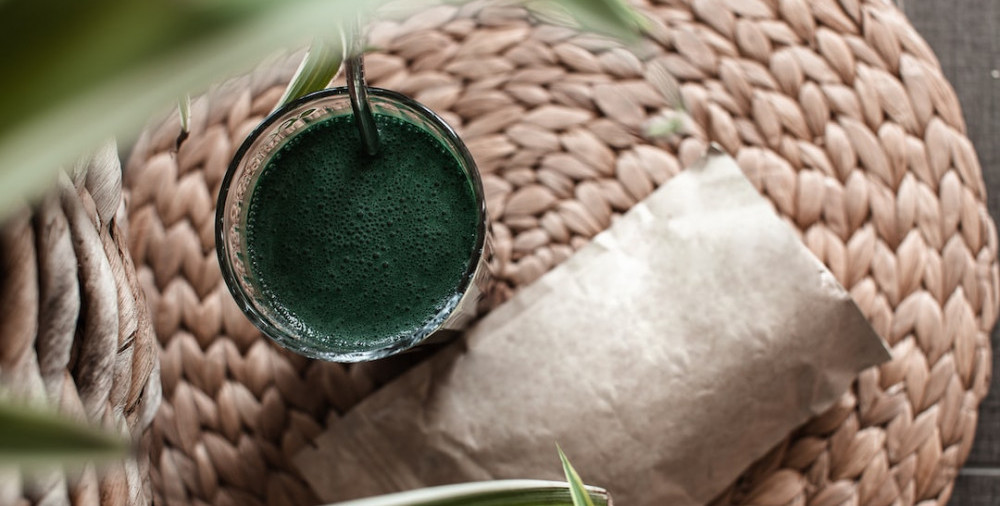
How can you incorporate this amazing superfood into your daily diet and enjoy its great health benefits? Spirulina is available as a supplement in tablet or powder form. You can choose the form that suits your preference and convenience. You can also find spirulina products that are flavored or mixed with other ingredients, such as chocolate, vanilla, or berries.
The recommended dosage of spirulina varies depending on your age, health condition, and purpose. Generally, 1 to 3 grams per day is considered safe and effective for most people. Please remember: to consult your doctor before taking spirulina if you have any medical conditions or allergies, and inform them of all the medications or supplements that you are taking.
You can take spirulina at any time of the day, but some people prefer to take it in the morning or before a workout to boost their energy and metabolism. You can also take spirulina with or without food, but some people find that taking it with food helps them avoid stomach upset or nausea.
There are many ways to use spirulina in your daily diet. You can add spirulina to your smoothies, juices, yogurts, or salads to increase your intake of this nutritious algae. You can also find some recipes online that use spirulina as an ingredient for soups, breads, cakes, or snacks. Here are some examples of recipes that you can try:
Spirulina Smoothie
This is a simple and delicious way to start your day with a dose of spirulina. All you need is a blender, some fruits, some milk or water, and some spirulina powder. You can use any fruits that you like, such as bananas, berries, mangoes, or pineapples.
You can also add some honey, vanilla extract, or cinnamon for extra flavor. Just blend everything together until smooth and enjoy!
Spirulina Soup
This is a warm and comforting way to enjoy spirulina in the cold weather. All you need is a pot, some vegetables, some broth, and some spirulina powder. You can use any vegetables that you like, such as carrots, celery, onion, garlic, or spinach.
You can also add some herbs, spices, or salt for extra flavor. Just cook everything together until soft and then blend it with a hand blender or food processor until smooth. Add some spirulina powder and stir well.
Spirulina Bread
This is a fun and creative way to bake with spirulina. All you need is a bowl, some flour, some yeast, some sugar, some salt, some water, some oil, and some spirulina powder. You can also add some seeds, nuts, or dried fruits for extra texture and flavor. Just mix everything together in a bowl and knead it until smooth and elastic. Then let it rise in a warm place until doubles in size. Then shape it into a loaf and bake it in the oven until golden and done.
Spirulina Cake
This is a sweet and decadent way to treat yourself with spirulina. All you need is a cake pan, some butter, some sugar, some eggs, some flour, some baking powder, some milk, some vanilla extract, and some spirulina powder. You can also add some chocolate chips or nuts for extra indulgence.
Just cream the butter and sugar together in a bowl until fluffy and then add the eggs one by one while beating well. Then sift the flour and baking powder together and add them alternately with the milk while stirring well. Add the vanilla extract and spirulina powder and mix well. Then pour the batter into a greased cake pan and bake it in the oven until done.
Spirulina Snack
This is a quick and easy way to snack on spirulina on the go. All you need is food processor or a blender, some dates, some nuts or seeds (such as almonds or sunflower seeds), some coconut flakes (optional), and some spirulina powder. Just process everything together until sticky and then roll them into balls or bars. You can also coat them with more coconut flakes if you like.
By incorporating spirulina into your daily diet, you can enjoy its benefits without risking its drawbacks or side effects. You can also experiment with different recipes and flavors to suit your taste and preferences. Spirulina is a versatile and nutritious ingredient that can enhance your health and well-being.
Conclusion
Spirulina is a type of blue-green algae that has been used as food source for centuries by different cultures around the world. It is also considered a superfood because of its high nutritional value and antioxidant properties.
Spirulina can boost your health in many ways. It can help you improve your immune system, lower your cholesterol, fight cancer, relieve allergies, treat anemia, enhance your muscle performance, control your blood sugar, detoxify your body, and protect your liver.
You can use spirulina in your daily diet by adding it to your smoothies, juices, yogurts, or salads. You can also find some recipes online that use spirulina as an ingredient. However, it is important to consult your doctor before taking spirulina, especially if you have any medical conditions or allergies.
We hope you found this blog post informative and helpful. If you have any questions or feedback, please leave a comment below. Thank you for reading!
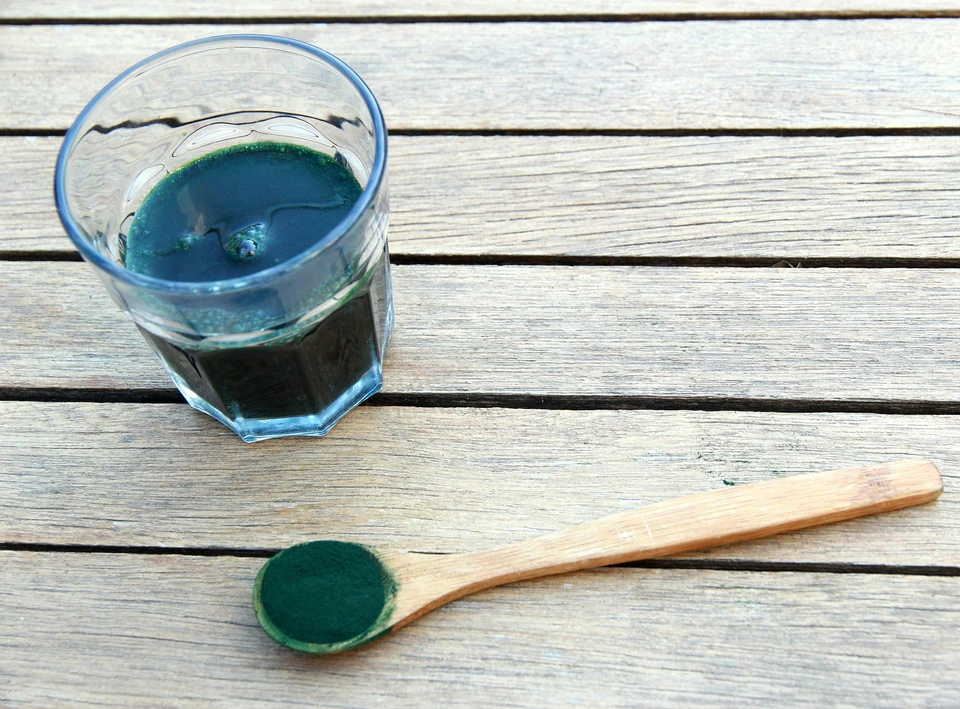

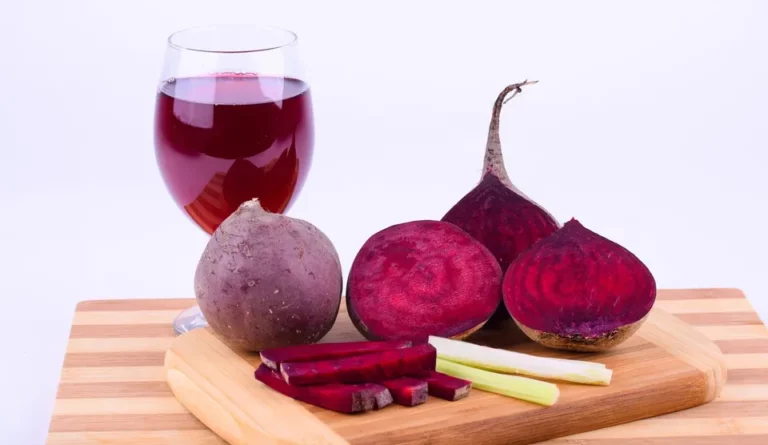
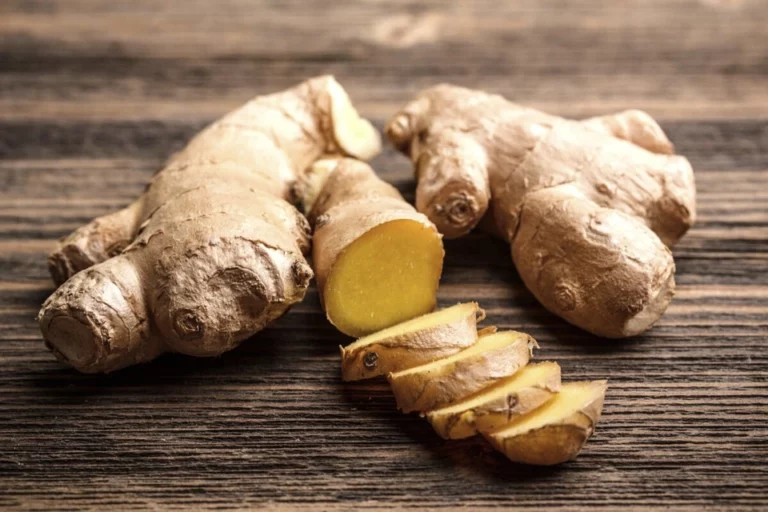
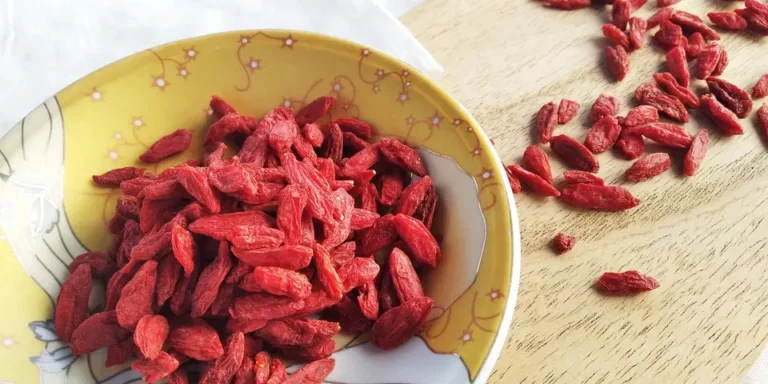
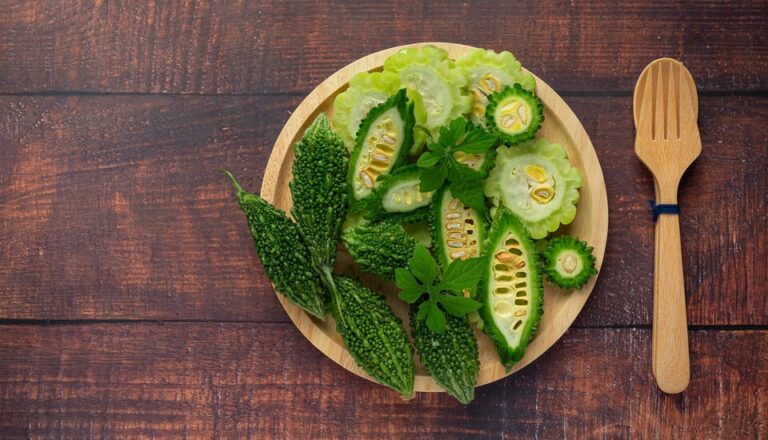

Hi Pablo!
Your article on Spirulina is like finding a treasure of knowledge! It’s packed with cool facts and tips about this superfood. Who knew this tiny algae could be a big game-changer for our health? I’ve been adding Spirulina to my yogurt every morning before work for the last six months, and it’s been a game-changer! It keeps me full of energy all day! But, getting used to the bold taste? That’s been a fun challenge! It’s super important to pick high-quality Spirulina to avoid any nasty stuff. I’m curious: have we been eating it the same way since the Aztec times, or have we spiced things up a bit? Big thumbs up for this article—it’s a must-read for anyone keen on exploring superfoods! Kudos for this informative read—it’s a gem for all superfood enthusiasts! 👍
Warm regards,
Max
Hi Makhsud, thank you so much for your kind words and feedback! I’m glad you enjoyed reading this post and found it useful. It’s amazing how this superfood can benefit our health in so many ways, right? I’m happy to hear that you’ve been adding Spirulina to your yogurt every morning and feeling more energetic. That’s awesome!
Aztecs used to harvest Spirulina from Lake Texcoco in Mexico and make it into dried cakes that they ate as a staple food. Nowadays, we have more options to consume Spirulina, such as powder, capsules, tablets, flakes, or even fresh. Some people like to mix it with water, juice, smoothies, or other beverages. Others prefer to sprinkle it on salads, soups, or snacks. You can also find Spirulina in some baked goods, candies, chocolates, or energy bars. And there are many more recipes that use Spirulina.
We’ve definitely spiced things up a bit when it comes to eating Spirulina. But of course, the most important thing is to choose a high-quality product that is organic, pure, and free of contaminants. As you said, it’s super important to avoid any nasty stuff.
Thank you again for your comment and support. I really appreciate it.